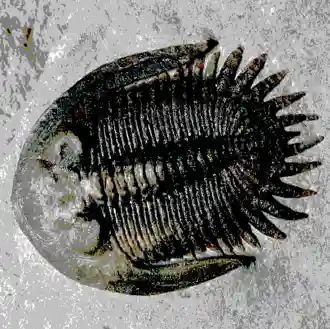two poems
Pam Uschuk
MESSAGE DURING A COLD SNAP
for Teresa Acevedo
Brighter than a new wedding ring, the morning star’s
shine aligns with Jupiter, Saturn and Mars
to lead javelinas and coyotes through
narrow neighborhood streets
while wild mountain sheep clatter down Pusch Ridge
through purple owl clover, toad flax, scorpion weed.
I count two stone green cactus buds
that with luck will bloom this week.
Mule deer wake, shake late frost from hollow hair,
amazed perhaps wildflowers survive night’s bitter dreams.
Do they wonder who they’ll meet
walking early for birds, counting
common house finches, a rare fan tail warbler
with black-throated sparrows flying in for
seed?
Dawn stirs as restless
as the ghost echo of a Great Horned
owl in the eucalyptus overhanging our
roof.
Kangaroo mice and pack rats curl
around their breath while lizards and
scorpions hibernate under mica, gneiss and
schist.
Less than a hundred miles south
angry steel plates cleave cactus,
jaguar’s
mating path, dwarfing humanity’s imagination
where refugees huddle berated by red gimme hats—
just another election promise
with nowhere left to run.
Christmas is coming.
They pull thin jackets tight around shoulders,
wipe mucous from child noses, bend close
over infants who’ve joined our swollen
nation of the hated and despised.
Do these refugees remind you, too, of migrant winter birds
tourists drive thousands of miles to see, writing down
in moleskine waterproof notebooks wing shape,
breast color as they click on an app to identify
each nuance of song they meant
to actually hear?
MOVING THE PLUMERIA
Before the freeze, I prepare soil, repair
irrigation lines bitten through by doe-eyed gophers
or my Australian cattle dog pup.
Ylang ylang has lost nearly all her umbrella leaves
after months sequestered in the kitchen, center
of conversation, random bickering and food.
She never lacked for company,
sheltered from frost,
the silent cold shoulders of snow.
Before the pandemic, I bought her along
with her sister flame cactus, her blooms
open-mouthed kisses brash and red.
Delicate, plumeria’s blossoms drenched
the garden in Hawaiian musk.
She thrived in her new hood next to star jasmine,
the arthritic arms of rosemary, gardenias—
theirs a symphony of sexual pefume
broadbilled hummers mined
along with fuschia bougainveilea
and climbing orange trumpet vines.
Nothing dissuaded her, not molten desert temps
over 110 degrees weeks on end, coyote screams
at the far away stars, mockingbirds
changing their tunes in oleanders wilting
and tall as the house, the pandemic
murdering millions of human lives. Lelani grew.
From just above my knee, she sprouted
to my stomach, my shoulders, then over
my head eight feet basketball star height
while we bent from death all around us.
Now she tells fortunes, predicting
unseasonal shifts in clouds, the sag
in the jet stream, early migrations
of warblers and shoveler ducks, the lies
of politicians who claim
Climate Change is just fake news.
Enbraced by lantana, Mexican bird of paradise,
she coexists roots entangled, sharing nutrients
in the garden’s dark compost
while muscle cars gun below her, race for their lives.
